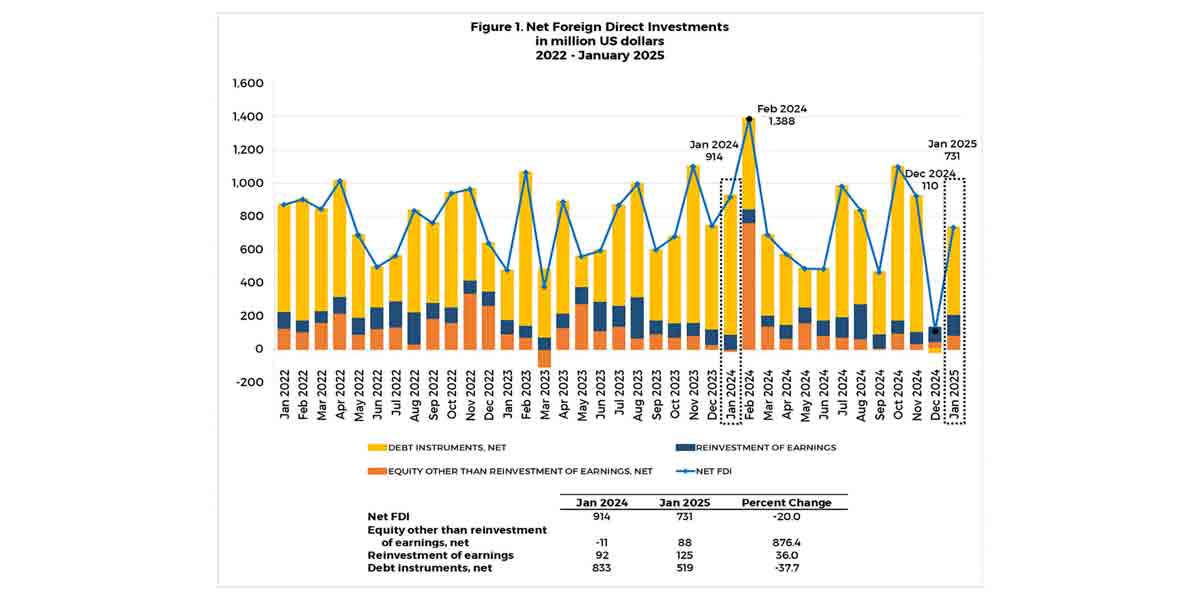 By: Limuel S. Celebria
By: Limuel S. Celebria
SOMETIME last week, at least four fires erupted nearly simultaneously in various parts of the city. The fires were caused by power transformers that burst into flames due to overload.
Luckily, the fires did no extensive damage to nearby residential communities. Thanks mostly to the quick response of our city’s firefighters.
Despite the little damage, however, these incidents remain a serious cause for alarm. The Bureau of Fire Protection based in the city has reported that, this month alone – from October 1 to October 23, the BFP has responded to at least eleven (11) firecalls – all fires emanating from electrical problems at the point of distribution, the utility poles. I have no doubt there are a little bit more of these incidents that have gone unreported.
Now, there are a number of reasons why electrical systems burst into flame – deterioration due to natural wear and tear can strip wires of their insulation thus becoming prone to short circuits, connections can be rendered loose by the wind or other extraneous forces, or lightning can strike. But the most common of all is system overload – transformers and power lines bearing loads far beyond their designed capacities overheat and become susceptible to spontaneous combustion.
This is what is happening now all over the city. Transformers are bursting into flames and electric lines are melting because of unabated power pilferage. The number of illegal connections tapping into the power line of a city streetlight is simply too overwhelming. In many cases entire communities are involved. And since these pilferers do not pay for their power consumption, their air conditioners operate 24-hours a day, their lights are turned on even in daylight, and they operate all sorts of electrical appliances.
Why has power theft become rampant and unchecked? The original sin lies on Peco’s institutional arrogance and poor customer service. Many of these who now resort to illegal connections are consumers who have been disconnected by Peco after falling behind in their payments for two months or more. Or for simply being unable to pay on time. These people are disgusted. They feel overbilled and underserved.
Here comes the local power entrepreneur who has connections with barangay officials who can provide you unlimited electricity for only a couple of hundred pesos per month. Does the hapless consumer have a choice? Of course not.
But is Peco even deeply disturbed? Not really, because the thieves connect to power lines connecting to streetlights, it is the city government (which pays for the power consumed by streetlights) which also shoulders the cost of stolen electricity. Peco suffers a loss only when its transformers burn or malfunction due to the overload. And then there is that duck called systems loss, the cost of which is also passed on by Peco to the consumers.
What can be done? The city has created Task Force Boltahe – a multi-agency group which is supposed to run after power thieves. Apart from City Hall employees, the Task Force also includes the police and our local power distributor, Panay Electric Company. But we don’t see them making any arrests.
Why is the Task Force inutile? The pilferage of power on such a wide scale cannot go unnoticed or unknown to barangay officials. But are they doing anything about it? I don’t think they will go chasing after their own voters, most of whom are their relatives anyway. In fact, in many areas, the “facilitators” of these alternative power sources are lieutenants of political leaders — the very reason why they are untouchable in their nefarious practices.
Peco is in a conundrum here. It is facing the problem by its lonesome because it has failed resoundingly to make itself a part of the community it is serving. For nearly a hundred years of its existence, it simply treated the Ilonggos as a customer, a source of profit.
Disrobed of a franchise by Congress, Peco is counting the days of its existence. Not even a temporary Certificate of Public Convenience from the Energy Regulatory Commission can save it. Neither can the Supreme Court even if it nullifies the grant of eminent domain powers to its successor, More Power.
What is left for us consumers is to pressure the local barangay officials and the city government into doing their jobs. I have seen on Facebook the helpless cries of businessmen and professionals affected by the brazen power pilferage affecting the reliability of power supply in their area. Must their cries be left unheard? Or can they use the power within themselves to turn the tide against the growing menace of power pilferage?




















